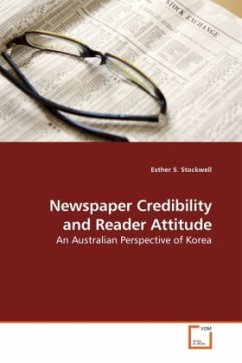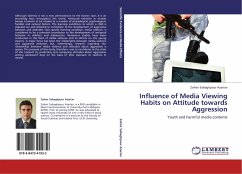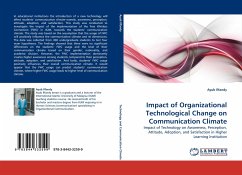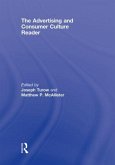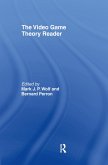Given that much of what we know of the world around us comes directly from the media, as receivers of messages from the media we realise how important the credibility of a news source is. Early studies argued that a high credibility source is more effective in causing attitude change than a low credibility source, while later research has indicated other factors also have an important mediating effect on the impact of source credibility. Credibility is highly situational and changes depending on news receivers' perceptions, where their individual differences and their knowledge about the media and the topic could contribute to their evaluation of source credibility. In addition, the importance of the issue in the media, the controversiality of the issue, and receivers' involvement with the issue have also been shown to affect their evaluation of source credibility. This book explores the various complexities involved in the relationship between media credibility and attitude formation by examining the characteristics that play a role in making a news source credible to readers, and then considering those factors that affect attitude change in receivers of a news message.
Bitte wählen Sie Ihr Anliegen aus.
Rechnungen
Retourenschein anfordern
Bestellstatus
Storno

